Pioneer No More; Alphatheta's era in audio tech begins
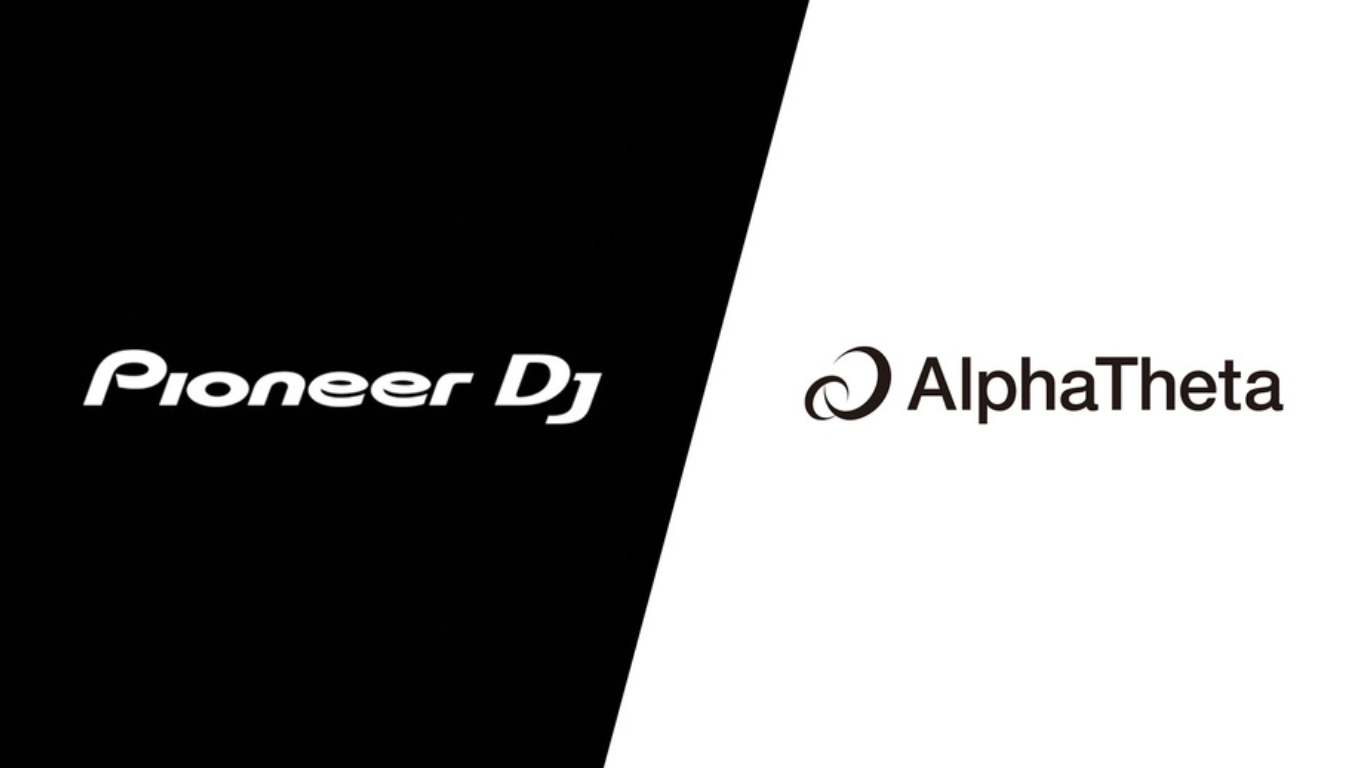
In the latest buzz online, Pioneer DJ has stirred discussions by rebranding itself as AlphaTheta, a move set to accompany the announcement of new products during NAMM week.
Although the company will maintain product production under both names, the emphasis on AlphaTheta raises questions about the motives behind this change.
Firstly, the rebranding may stem from a decade-long transition since Pioneer DJ separated from Pioneer Corporation, suggesting potential limitations or renegotiations on the use of the name.
This strategic shift could free AlphaTheta from specific product constraints, possibly paving the way for a broader product lineup beyond DJ equipment.
Considering Pioneer Corporation’s financial struggles before privatization in 2019, the name “Pioneer” may not align well with recent business success, making the rebrand a strategic choice to distance the company from any negative associations.
On a personal level, DJs prefer referring to the company as “Pioneer” for convenience.
While including “DJ” in the brand might be beneficial for branding, DJs find it superfluous.
Consider whether you think of “DDJ-200” or “Pioneer DJ DDJ-200” when referring to gear.
Sure, AlphaTheta (4 syllables) is much simpler to speak than Pioneer DJ (5 Syllables); but from a convenience point, Pioneer (3 syllables) is still the quickest.
AlphaTheta’s rebranding might also indicate a strategic shift toward a broader product scope beyond DJ equipment; similar to previous brand expansion attempts like TORAIZ, WeDJ, and Rekordbox.
The new brand aims to be more inclusive, potentially reaching a broader audience, including music producers.
The mention of “brain wave frequencies achieved in optimal performance” also suggests a potential venture into advanced technology. This aligns well with the name AlphaTheta, referencing alpha and theta brain waves associated with optimal performance.
Pioneer DJ’s transformation into AlphaTheta is a multifaceted strategic move.
It reflects a response to contractual considerations, financial dynamics, industry alignment, and a visionary pursuit of a broader product range.
THEORY #1
A DECADE HAS PASSED SINCE PIONEER DJ WAS SEPARATED FROM PIONEER CORPORATION
The new company may have had a 10-year agreement to use the name in specific contexts, markets, or applications, with the possibility of extending it at a higher cost. There could also be restrictions on the use of the term "Pioneer" in certain product categories, such as car audio.
If the company wishes to introduce products without these limitations or has lost licensing rights to include "Pioneer" in new product names after 10 years, Snow would be an opportune moment to pave the way for such a transition.
THEORY #2
DEALING WITH THE CHALLENGES FACED BY PIONEER CORPORATION
Looking at Pioneer Corporation's last annual report before its transition to private ownership reveals a less-than-favorable situation. Following this, the company was sold off in 2019, primarily as a financial rescue. During the transaction, Pioneer Corporation held a substantial $443 million in interest-bearing debt.
Although the current private equity owners are likely putting in efforts to revitalize the brand, the name "Pioneer" may not be strongly linked to recent business success, especially within Japan.
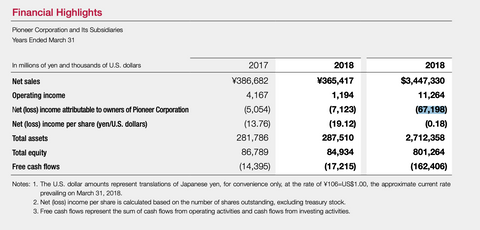
THEORY #3
DJS NEVER REFERRED TO IT AS "PIONEER DJ"
Over the past decade, we have noticed countless instances where DJs and those in the industry casually refer to the company as "Pioneer," overlooking the complete name. While having "DJ" in the name might serve branding purposes, DJs find it superfluous.
When discussing gear, consider whether you think of the "DDJ-200" or the "Pioneer DJ DDJ-200." In many contexts, the product name holds more significance.
However, it's worth noting that "Alpha Theta" isn't much better for quick and easy reference-it has four syllables, fewer than the five in "Pioneer DJ" but more than the three in "Pioneer."

THEORY #4
EXPLORING A DIVERSE PRODUCTS RANGE
If Alpha Theta wants to broaden its product lineup beyond DJ equipment, the new name could help to signify this expansion. Think about the other attempts to broaden out their brands through new names like TORAIZ, WeDJ, and Rekordbox - they're all attempts to create new associations with their products.
Alpha Theta doesn't carry the specific connotation of DJ equipment, allowing the brand to encompass a wider range of audio or music-related products - look no further than this graphic from their new website
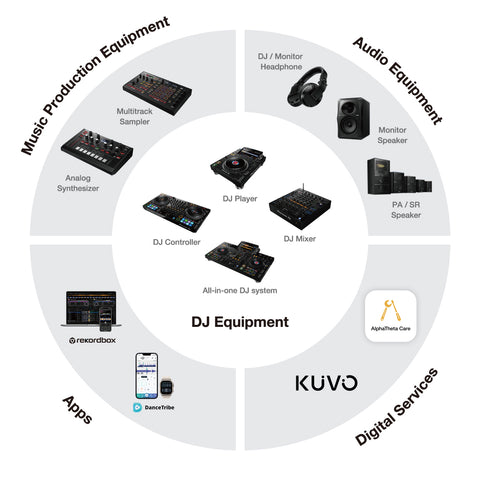
THEORY #5
SERATO DJ AND OTHER NEW OWNERS HAVE ACQUIRED IT
Alpha Theta is actively undergoing corporate restructuring following its acquisition by Noritsu in 2020. The new ownership seems inclined towards a fresh start, aiming to integrate their own identity into the business.
Additionally, there is an ongoing acquisition of Serato awaiting court approval in New Zealand. Given Serato's robust brand identity, assimilating into a company less explicitly tied to "Pioneer DJ" like Alpha Theta might facilitate a smoother integration for Serato's staff and products.
Furthermore, considering the potential implications of the acquisition, AlphaTheta could be aiming to position itself as less market-dominant to avoid being perceived as a monopoly in the DJ industry
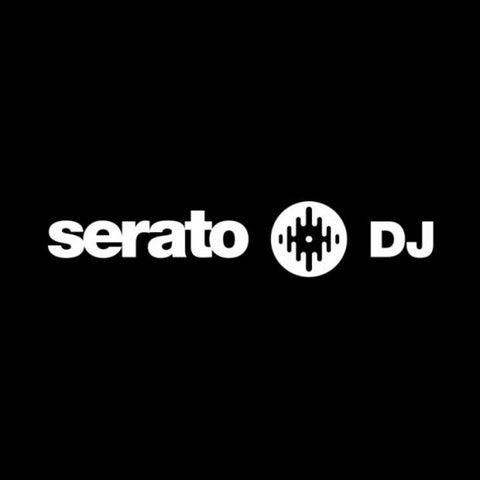
THEORY #6
IS THERE SOMETHING EVEN MORE ADVANCED ON THE HORIZON?
Did you catch that part where they explain their name, mentioning how "Alpha Theta" directly corresponds to the brain wave frequencies associated with optimal performance? We enjoy watching artists get into the flow state, and while it seems like that's what they're getting at, it could be something more advanced.
Imagine if they released products capable of not just enhancing but actually training artists in achieving flow states. That would be a whole new level beyond what we usually associate with the Pioneer DJ brand.
There's a category of devices known as neurofeedback devices that measure and provide feedback on brainwaves, including alpha and theta waves. Wearable neurofeedback headsets, like Muse, Flowtime, and Enophone, have become quite common in recent years.
Does this mean Alpha Theta is venturing into the neurofeedback and biohacking realm? It's not a definite yes, but their name certainly opens the door for it.
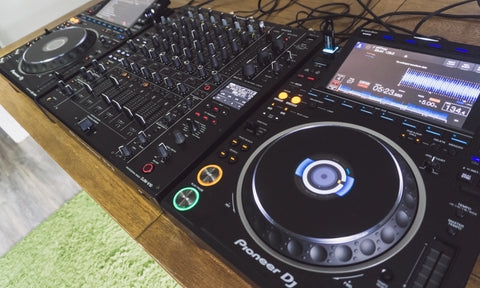
Click Here To Read More:
Top MIDI Keyboards For Music Producers
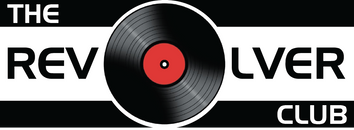
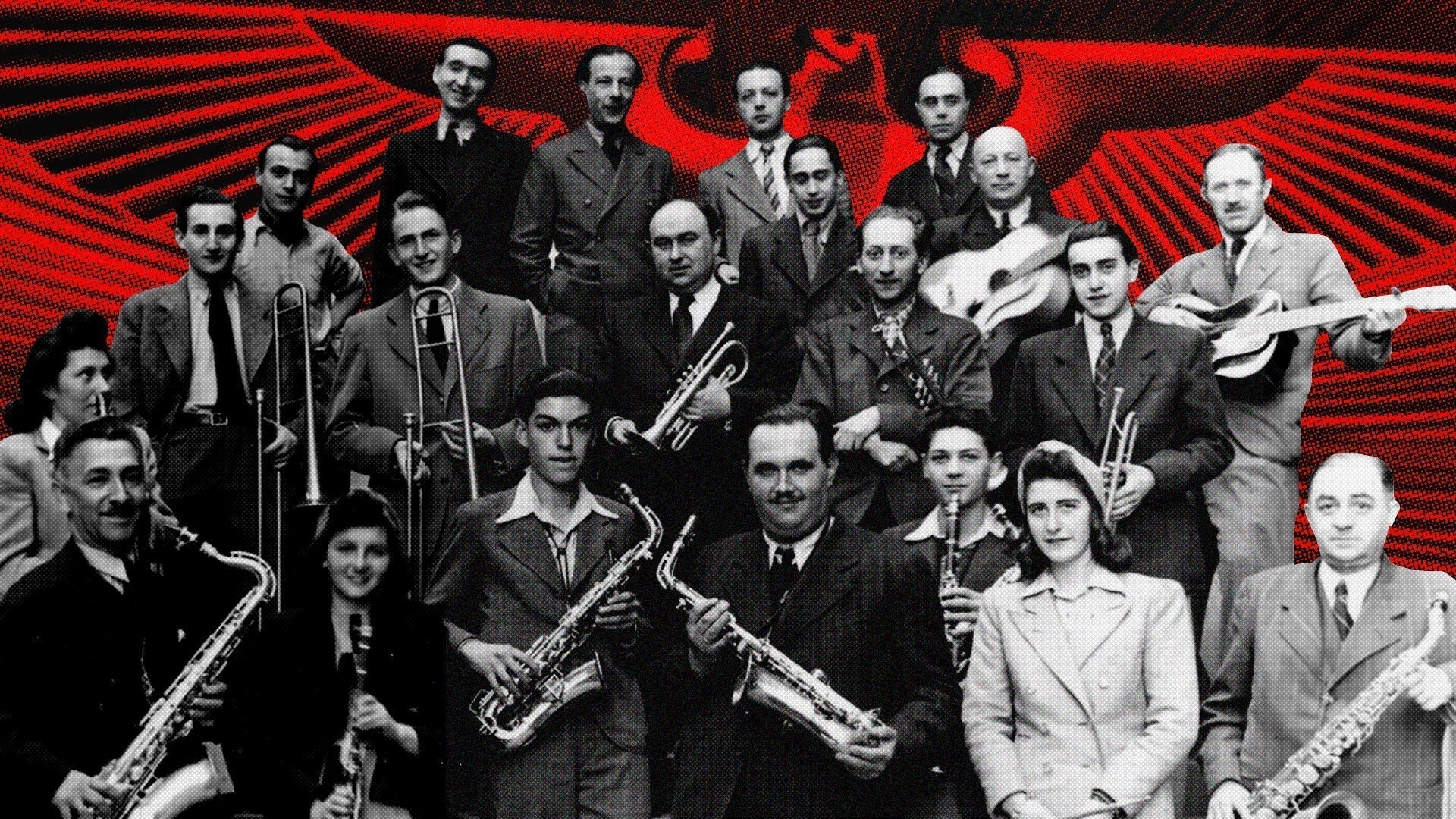




Comments